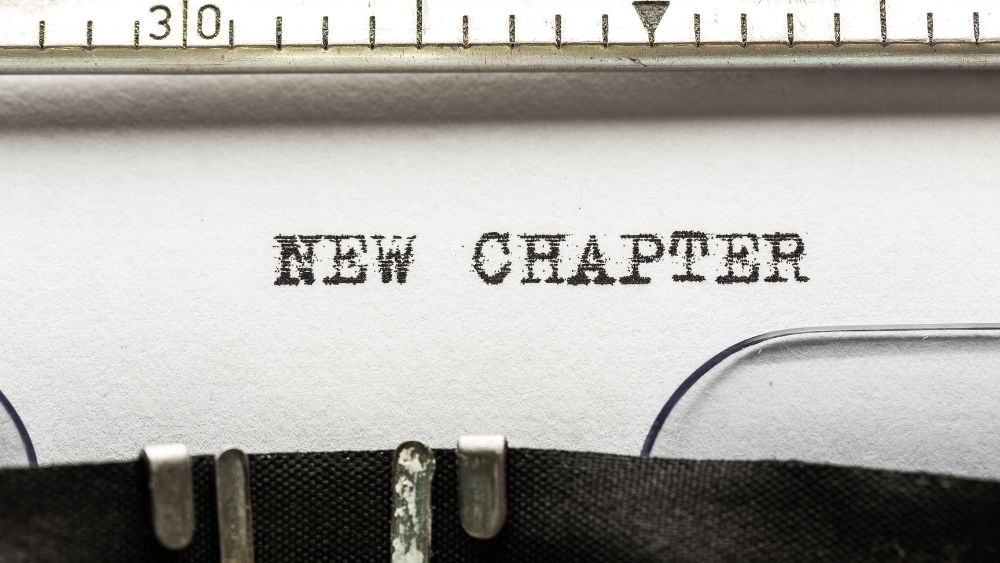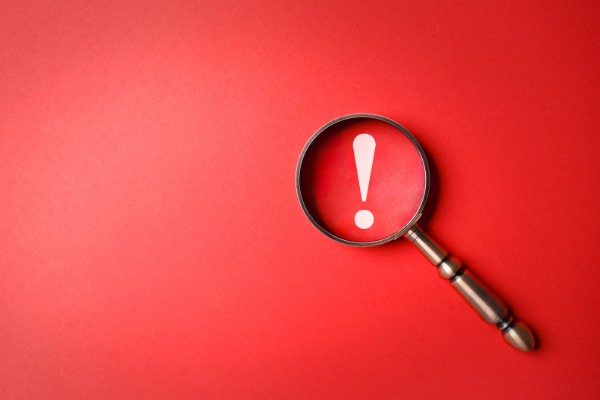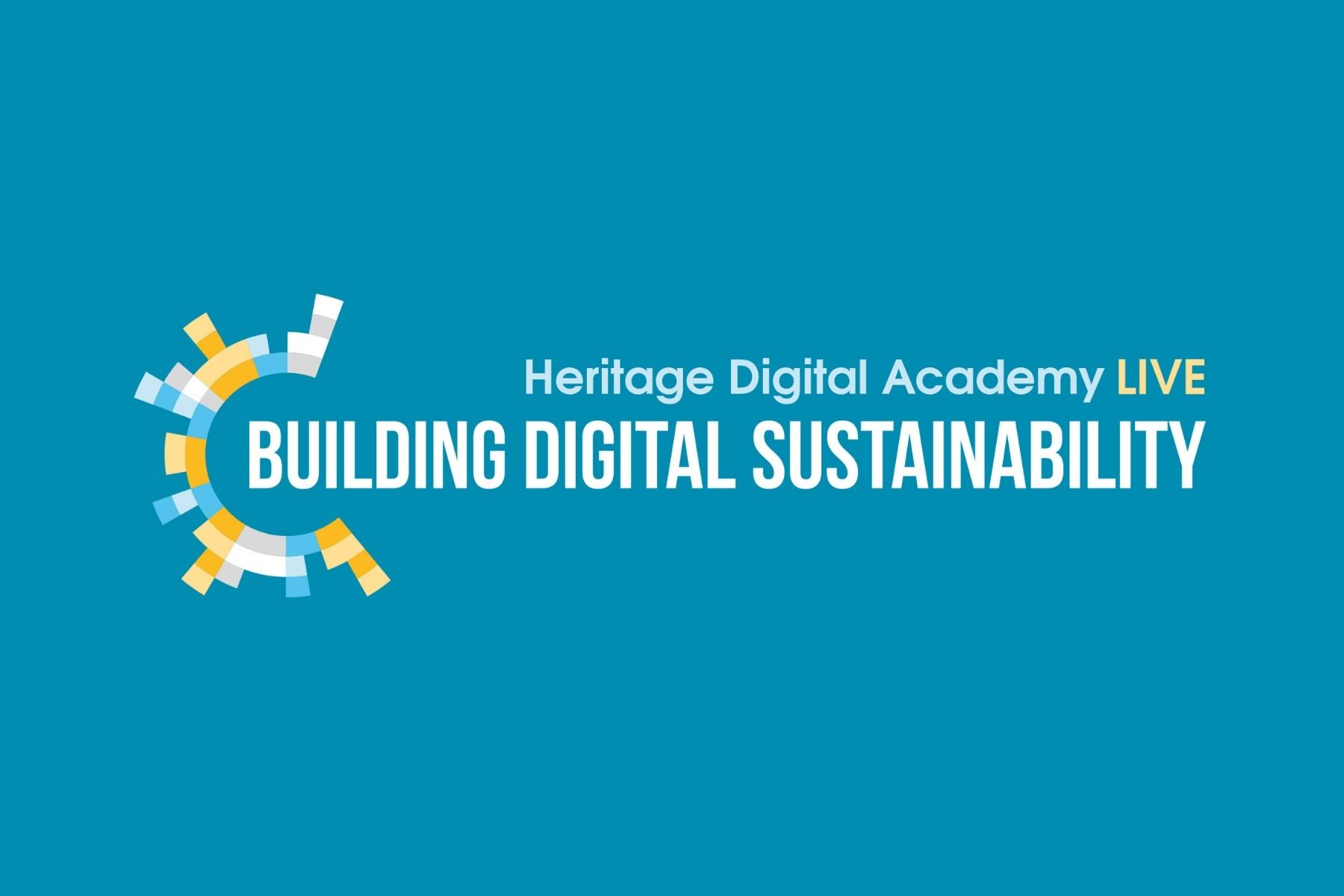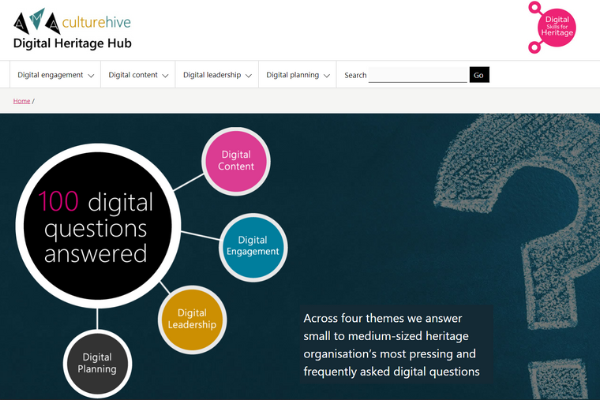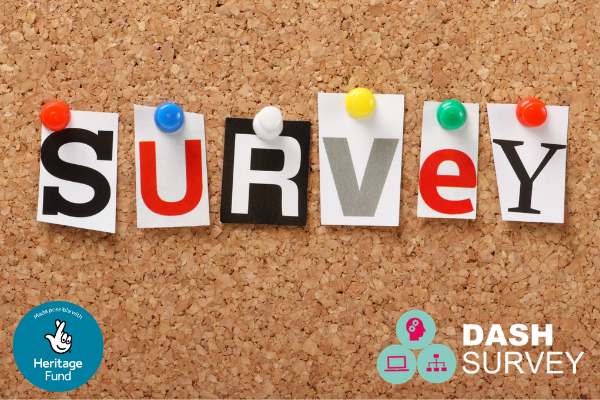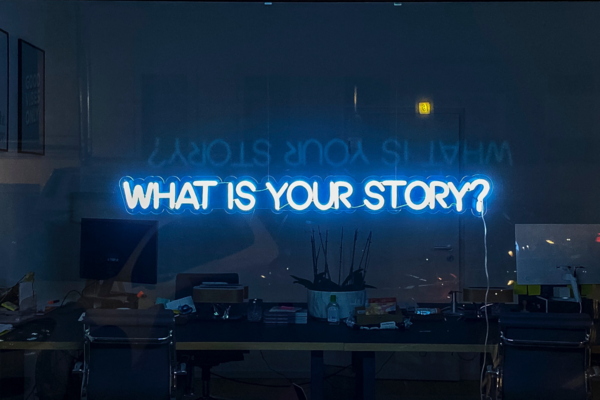Heritage Digital: our first project ends, and two new programmes await
Our first project is ending, but there’s more to come...
We can’t quite believe where the time has gone, but the first project from our consortium is coming to a close this month.
We’ve welcomed over 3,000 people to 7 webinars, 10 different online workshops and 3 #HeritageDigitalNow virtual days.
One of the most common questions we’ve had at our events is ‘will the recording be shared?’, and the answer to that is always yes. We’ve got a wealth of webinar and event recordings on our events page for you to watch when you want.
As well as that, we’ve shared 12 guides covering the topics you’ve told us that you wanted to hear about. Some even have reusable templates to save you time.
What’s next for the Heritage Digital consortium? You may have seen that we won further funding from the National Lottery Heritage Fund and DCMS under the Culture Recovery Fund for Heritage. More information about these projects will be coming out later this month.
In the meantime, throughout August we thought we’d share a couple of the highlights from the last year of the Heritage Digital programme. First up, a highlight of some of the top guides we’ve released recently that you might have missed:
Guide: Copyright and working with digital volunteers
If you didn’t catch our Volunteers Week themed guide back in June, then may we draw your attention to it now. Do you know who owns the copyright of work made by a volunteer? Do you need a template agreement to request volunteers assign your organisation copyright over works they make?
This guide breaks all of that down in an easy to understand overview (including a copyright checklist!)
Guide: Choosing a CRM
We’d all like to work smarter when it comes to managing visitors, customers or clients, and a CRM system is one of the ways we can do that. But where to start when thinking about implementing one?
This guide can help! We won’t tell you which CRM to purchase (that would be a guide in itself), but we do tell you about all the steps you need to take to ensure you purchase the best system for your organisation.
Guide: Digital Marketing Strategy
Over the last year or so your organisation is likely to have been more active on social media and other digital marketing channels. If you don’t already have one, taking some time to create a Digital Marketing Strategy to plan for the next 12 months is vital, and will let you reflect on what has worked and what hasn’t.
Our guide will take you through how to do this, how to think about your strengths and weaknesses as well as your resources so that your message gets to your audiences.
What can Microsoft Copilot do for charities?
Webinar: Big impact, smaller budgets — Modern fundraising and engagement for charities
How tech can be used to strengthen a story and broadcast it to more audiences
Heritage Digital Academy LIVE: Building Digital Sustainability
Digital Heritage Hub launches to support heritage sector
Don’t miss out on access to this vital business tool for the heritage sector
How can you understand the digital needs of your staff?
Funded by the National Lottery Heritage Fund
